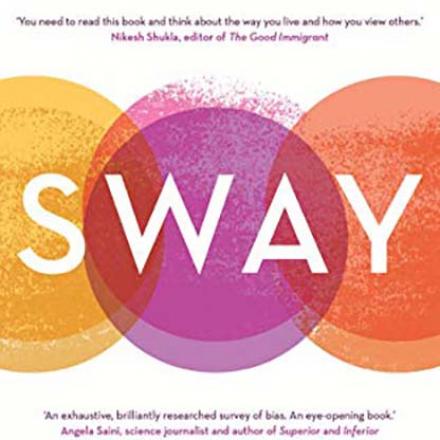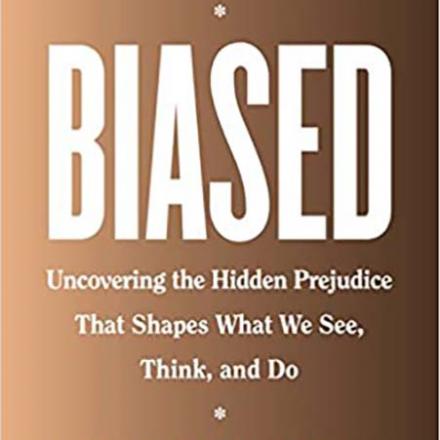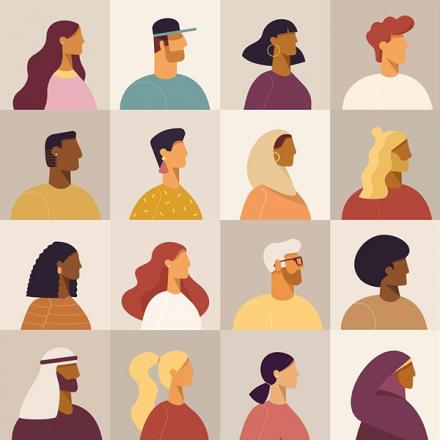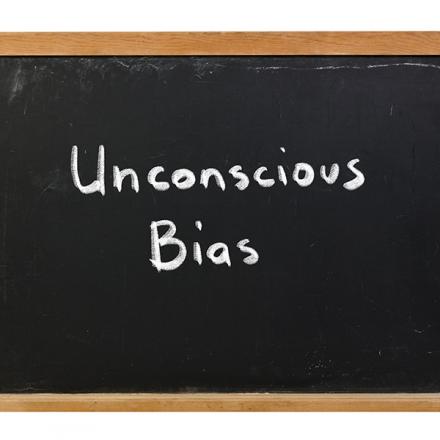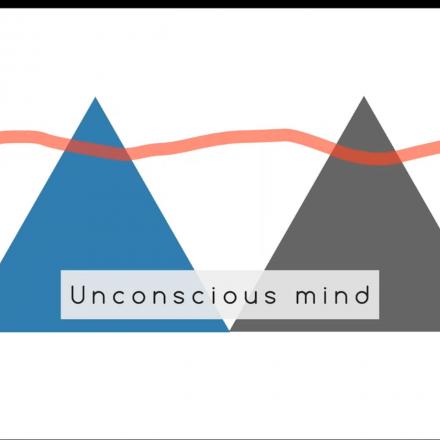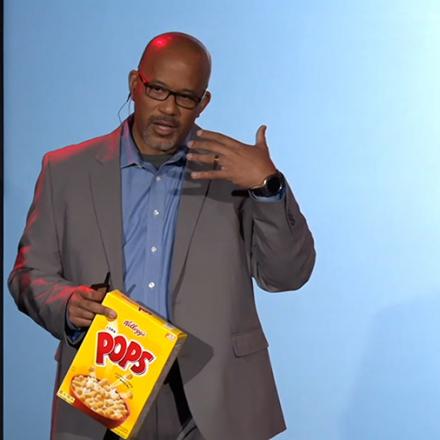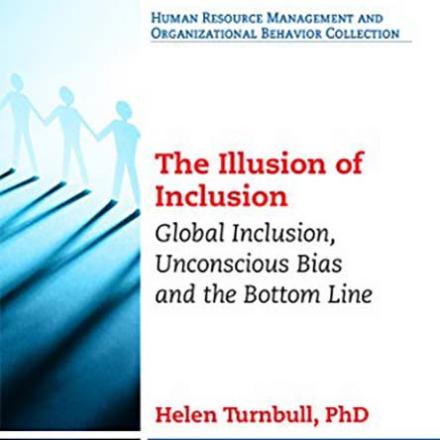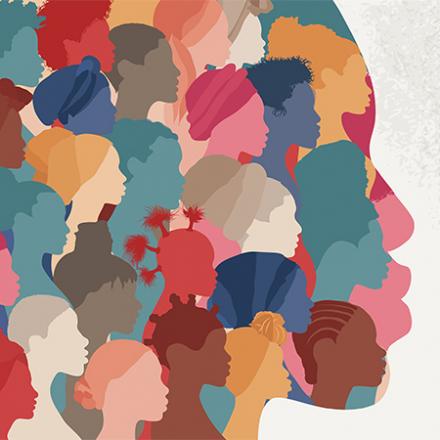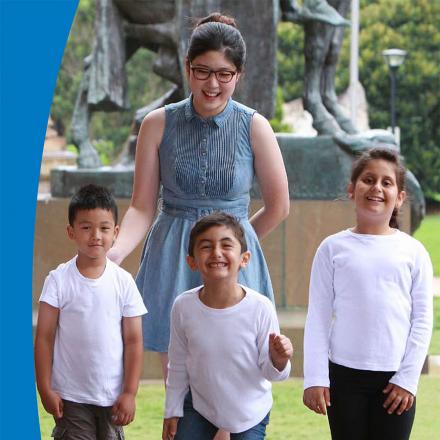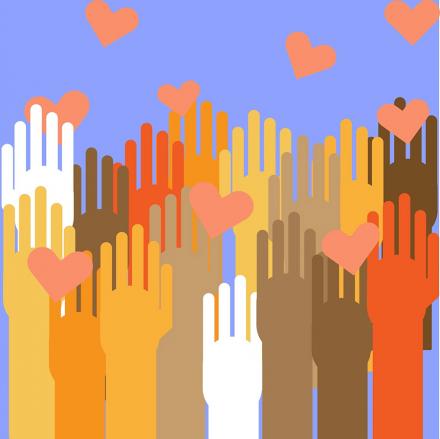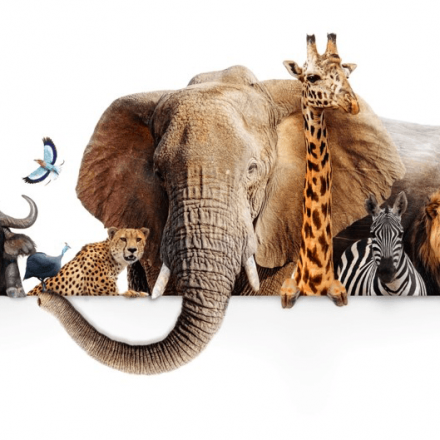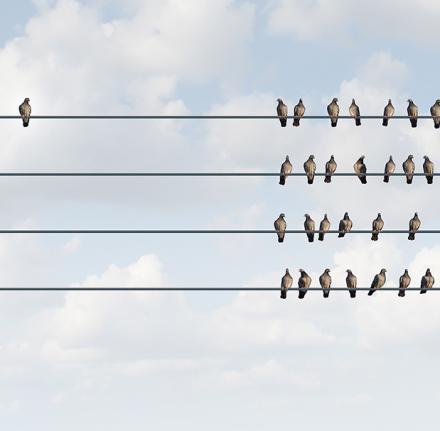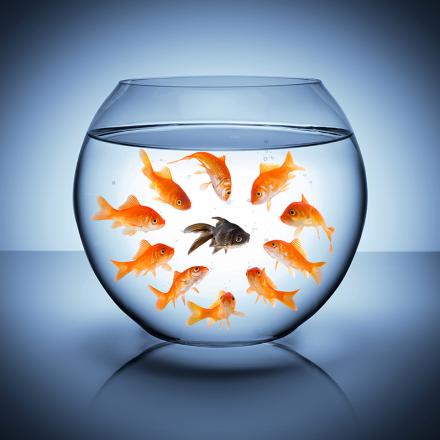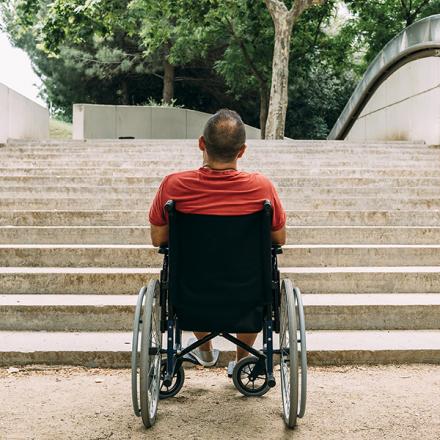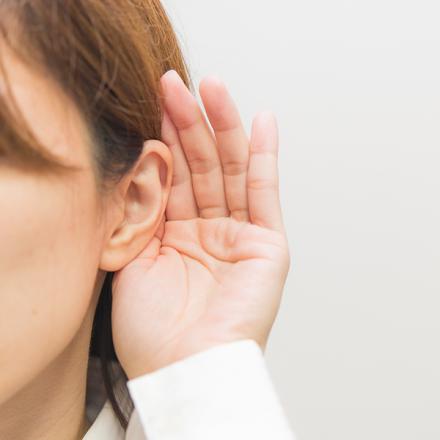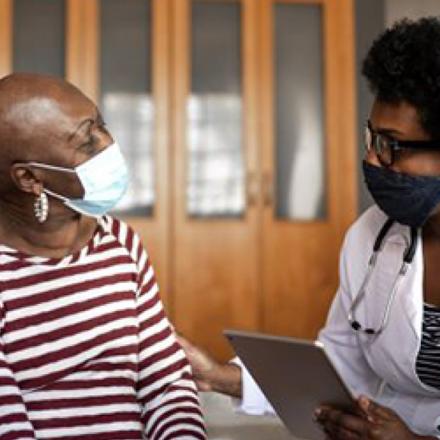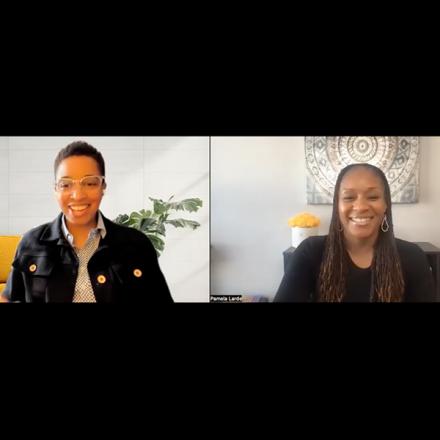-
Share /
For the first time, behavioural and data scientist, activist and writer Dr. Pragya Agarwal unravels the way our implicit or 'unintentional' biases affect the way we communicate and perceive the world, how they affect our decision-making, and how they reinforce and perpetuate systemic and structural inequalities....
-
Share /
How do we talk about bias? How do we address racial disparities and inequities? What role do our institutions play in creating, maintaining, and magnifying those inequities? What role do we play? With a perspective that is at once scientific, investigative, and informed by personal experience, Dr. Jennifer Eberhardt offers us the language and courage we need to face one of the biggest and most troubling issues of our time. She exposes racial bias at all levels of society—in our neighborhoods, schools, workplaces, and criminal justice system. Yet she also offers us tools to address it. Eberhardt shows us how we can be vulnerable to bias but not doomed to live under its grip....
-
Share /
Today’s dose expands on our recent dose on the topic of bias, expanding on the work of American scientist Jennifer Eberhardt, to add the work of the UK scientist - Pragya Agarwal, explored in her June 2020 book titled: Sway. The integration of scientific findings by both scientists into a better understanding of the nature of bias is profound. Their scientific translations inspire us all to develop more awareness of our biases, and set our biases aside in order to treat every person as unique and valuable. Let’s start with awareness and understanding of five universal features of bias.
-
Share /
To simplify the complexity of human experience, the brain categorizes things, grouping them together, which reduces sensitivity to differences. These categories become beliefs and stereotypes. The unconscious associations with a stereotype become bias.
-
Share /
How are your blind spots and unconscious biases playing a part in the decisions you make and the advice you offer as a Coach? As a leadership coach you are aware of the need to be increasingly mindful of the quality of day to day business decisions made by yourself and your clients. And yet, what are you not seeing? Well intentioned people make decisions every day that favor some individuals or groups more than others; adversely impacting the diverse workforce and talent pipeline. Leaders can make flawed decisions while believing they are doing the right thing because their blind spots can prevent them from seeing crucial information....
-
Share /
Neuroscience research has begun to ‘connect the dots’ on how the brain works and how brain functioning supports both conscious and unconscious thought processes. With this newfound knowledge, we are beginning to understand the power of unconscious bias and its impact on behavior, decision-making and interpersonal dynamics. It is important for coaches to be knowledgeable about unconscious bias, since its impact—and fallout—is part of our daily life. ...
-
Share /
Russell McClain examines the role of implicit bias and stereotype threat - the fear of confirming another's biased views - in creating achievement gaps in higher education.
-
Share
We may say we want to be inclusive, but what if we really don’t? What if our brains are hard-wired for selfishness and similarity and not for diversity and altruism? Having a diverse workforce is no guarantee that the work environment is inclusive. Companies hire for diversity and manage for similarity. We hire people for their difference and then teach them directly and indirectly what they have to do to fit in to the corporate culture. The Illusion of Inclusion exposes a myriad of diverse reasons why people are not more fully engaged and offers you the key to unlock the “Geometry of Inclusion”....
-
Share
Antiracism is a transformative concept that reorients and reenergizes the conversation about racism—and, even more fundamentally, points us toward liberating new ways of thinking about ourselves and each other. At its core, racism is a powerful system that creates false hierarchies of human value; its warped logic extends beyond race, from the way we regard people of different ethnicities or skin colors to the way we treat people of different sexes, gender identities, and body types. Racism intersects with class and culture and geography and even changes the way we see and value ourselves....
-
Share
A national framework is urgently needed to deal with a resurgence in racism. This has been painfully apparent over the past year. COVID-19 has exposed ugly racism against people of Asian descent. ASIO and the Australian Federal Police have identified racist extremism as a significant threat to Australia’s national security. And the Black Lives Matter movement has highlighted injustices experienced by people from culturally diverse backgrounds and by Aboriginal and Torres Strait Islander peoples.
-
Share
Racism can have serious consequences for the people who experience it. It can shatter their confidence and their sense of worth. It can undermine their ability to perform at work or in their studies. It can also affect their physical health and life expectancy.
-
Share
Resolved to adopt all necessary measures for speedily eliminating racial discrimination in all its forms and manifestations, and to prevent and combat racist doctrines and practices in order to promote understanding between races and to build an international community free from all forms of racial segregation and racial discrimination.
-
Share
A racist or antiracist is not who we are, but what we are doing in the moment.
-
Share
Diversity is a hot topic today for organizations and leaders; diversity initiatives typically focus on developing a diverse workforce and leadership team. Diversity is much more though – it is a big construct, and its concepts are grounded in science - supported by a variety of leadership theories and research studies. This month’s Coaching Report focuses on Diversity in Coaching and features a scholarly article on diversity in leadership. Let’s take a closer look at the article, titled: Diversity as an aspect of effective leadership: integrating and moving forward....
-
Share
Unfortunately, talking intelligently about race has been overrun by academia -- folks with many degrees, a college or university platform, and publications in traditionally acclaimed journals and books. As academics continue the important work of advancing knowledge about race and systemic oppression, such approaches can repel the very audiences who are seeking simple language to describe very complex lived experiences....
-
Share
Microaggression events refer to everyday derogations, slights, and invalidations that are often delivered to people of minority or marginalized backgrounds.
Examples are complimenting a racial minority college student as surprisingly intelligent or well-spoken ("you speak really good English for an Asian"), or referring to negative events, behaviors, or traits as "that's so gay."
-
Share
This article explicates the interconnectivity of microaggressions, macroaggressions, and structural racism. We undergird this work using the seminal ideas of microaggressions as well as microassualts, microinsults, and microinvalidations. We describe the theoretical reasoning that anchors our conceptualization of macroaggressions in the educational context.
-
Share
This article reviews racial microaggressions, specifically psychology and sociology's historical trajectory in informing existing literatures and disciplines, in its connections to meso and macro levels of systemic racism. In doing so, we contend that a sociological understanding of racial microaggressions presents opportunities to better understand the cumulative and deleterious effects of racial violence on racialized groups.
-
Share
Microaggressions are a new moral category that refers to the subtle yet harmful forms of discriminatory behavior experienced by members of oppressed groups. Such behavior often results from implicit bias, leaving individual perpetrators unaware of the harm they have caused. Moreover, microaggressions are often dismissed on the grounds that they do not constitute a real or morally significant harm.
-
Share
In a 2017 article in Perspectives on Psychological Science, Scott Lilienfeld critiqued the conceptual basis for microaggressions as well as the scientific rigor of scholarship on the topic. The current article provides a response that systematically analyzes the arguments and representations made in Lilienfeld’s critique with regard to the concept of microaggressions and the state of the related research.
-
Share
Over the past decade, microaggression received widespread attention in psychological science and the general public. Research on the nature and possible health impact of microaggression-related experiences has focused on everyday differential treatment experienced by individuals of marginalized group status (e.g., ethnic, gender, and sexual minority). Despite the growth in empirical research and popularity in public discourse, questions about the conceptual clarity of “microaggression” remain.
-
Share
This highly interactive webinar covers the phenomenon of "silencing" in the executive suite — highlighting key original research findings; Dr. Carrie Arnold will review strategies successful people have used to recover and lead with voice currency. The silenced leader is a paradox as leadership implies a sense of voice and efficacy yet this can hardly be done if a leader feels silenced. Dr. Arnold’s research suggests there are many sitting in executive and senior-leader roles feeling and experiencing this exact phenomenon....
-
Share
Although the chronic condition of stress can have negative side effects on all persons, the unique psycho-social and contextual factors, specifically the common and pervasive exposure to racism and discrimination, creates an additional daily stressor for African-Americans. Often, African-Americans do not realize daily stressors that may affect their psychological or physiological health and so we have compiled a collection of articles and additional resources to understand the health effects that result from exposure and perception of racism and discrimination.
-
Share
Health equity is when all members of society enjoy a fair and just opportunity to be as healthy as possible. Public health policies and programs centered around the specific needs of communities can promote health equity.
The COVID-19 pandemic has brought social and racial injustice and inequity to the forefront of public health. It has highlighted that health equity is still not a reality as COVID-19 has unequally affected many racial and ethnic minority groups, putting them more at risk of getting sick and dying from COVID-19.
-
Share
Racial discrimination denies those from racial and ethnic minority backgrounds access to rights such as the ability to participate equally and freely in community and public life, equitable service provision and freedom from violence. This study was designed to examine how people from racial and ethnic minority backgrounds in four Australian localities experience and respond to racial discrimination, as well as associated health impacts.
-
Share
What is already known about this topic? Racial and ethnic minority groups have experienced disparities in mental health and substance misuse related to access to care, psychosocial stress, and social determinants of health. What is added by this report? Combined prevalence estimates of current depression, initiating or increasing substance use, and suicidal thoughts/ideation among U.S. adults aged ≥18 years were 28.6%, 18.2%, and 8.4%, respectively. Hispanic adults reported a higher prevalence of psychosocial stress related to not having enough food or stable housing than did adults in other racial and ethnic groups....
-
Share
Do you find yourself coaching people who are different from you? Perhaps they are of a different age, race, gender, or sexual orientation? As coaches, we pride ourselves on asking questions and listening so being different shouldn’t matter, right? Well, not exactly. We are still human. This interactive session will focus on the human side of coaching. You will specifically learn how implicit biases and blindspots may interfere with us building the most trustful coaching relationships possible with clients that are different from us. Participants will learn:...

